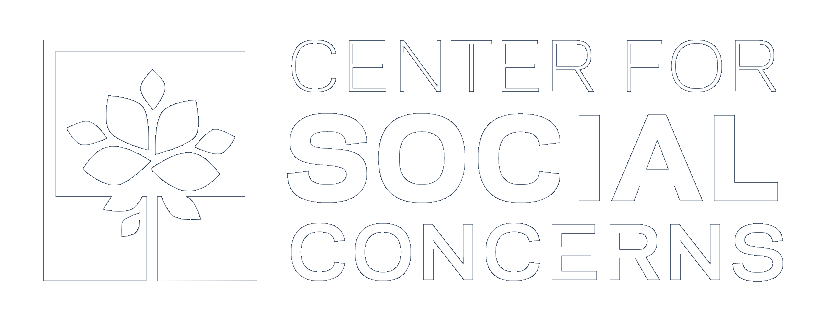For educators, cultivating a sense of vocation among students is a deeply meaningful goal—one that imbues our own work with purpose. But what do we know about the difference it makes for students and workers who experience their education and careers this way? Within vocational psychology and organizational behavior, more than 600 studies—nearly all of them published within the last 15 years—have investigated this question by studying perceptions of work as a calling, a term often used as a synonym for vocation. This rapidly growing body of work is yielding results that can inform the way we think about how vocation functions in people’s lives. For example:
- A sense of calling is surprisingly prevalent. One recent (pre-pandemic) study using a stratified national sample discovered that 42 percent of U.S. adults responded “mostly true” or “totally true” to the item “I have a calling to a particular line of work.”[i]
- A sense of calling is linked with positive career development outcomes. People who feel they have a calling, compared to other people, are more confident they can make good decisions about their careers, more committed to their jobs and organizations, more motivated and engaged, and more satisfied with their jobs.
- A sense of calling is associated with general well-being. Compared to other people, those with callings are happier, more satisfied with life, cope more effectively with challenges, and express a stronger sense of meaning and purpose in their lives.
- It’s not only about having it;it’s about living it. People who feel they have a calling are happiest, most committed, and experience the most benefit when they are working in a role that enables them to live out their calling.
- A sense of calling can have some drawbacks, too. People willingly make tough sacrifices to pursue their callings, and pursuing a calling can also sometimes make people vulnerable to problems like workaholism, burnout, poor work-family balance, and exploitation by unscrupulous employers.
These results affirm the value of fostering a sense of calling among students and workers, but suggest that thoughtfulness and nuance are needed in this task. For example, the evidence suggests that attention must be directed beyond discerning a calling toward finding or creating opportunities to express it in the “real world,” which is where the real benefit lies. Similarly, active steps toward striving for balance in living out multiple callings in life is an essential strategy for warding off the “dark side” of callings. These implications, and more, serve as important “grist for the mill” in the virtues and vocation conversation.
[i] White, M., Marsh, D., & Dik, B. (under review). Prevalence and demographic differences in work as a calling in the U.S.: Results from a nationally representative sample.
Bryan J. Dik, PhD, is professor of psychology at Colorado State University, and co-developer of the PathwayU online career assessment platform. His books include Redeeming Work and Make Your Job a Calling.



